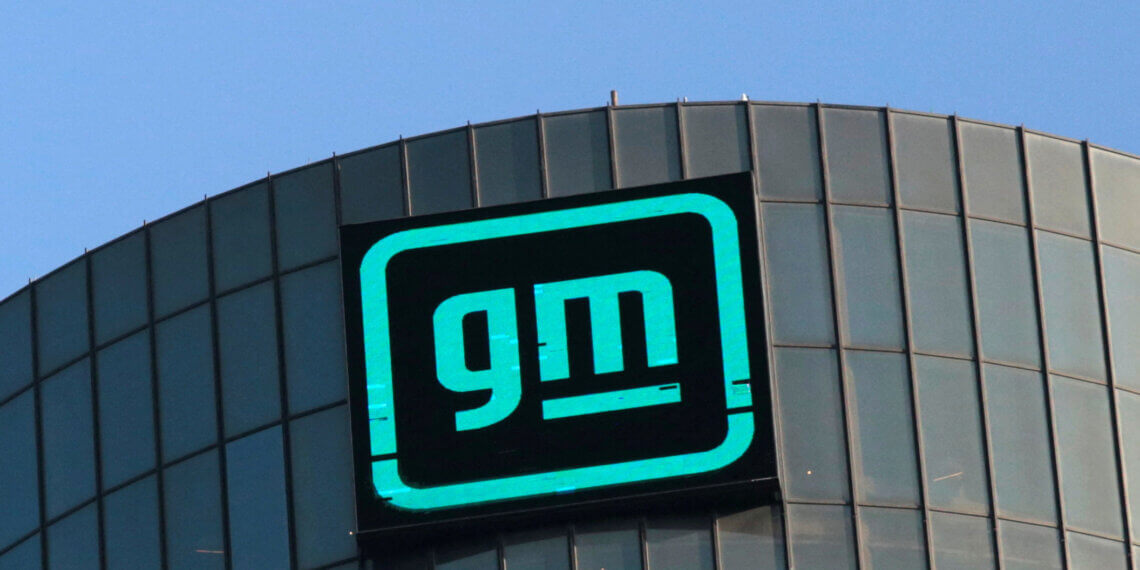General Motors has announced plans to start manufacturing LFP battery cells at its Spring Hill Tennessee facility by late 2027 to reduce EV manufacturing expenses and boost profitability. The U.S. automotive industry is reassessing their EV targets because consumers have not adopted electric vehicles at the expected pace.
The joint venture between GM and South Korea’s LG Energy Solution maintains its production of nickel-cobalt-manganese-aluminum cells at present. The Ohio factory will maintain its production of nickel-cobalt-manganese-aluminum cells while Spring Hill will transition to produce LFP cells for Cadillac Lyriq models.
Automakers prefer LFP battery technology because it provides cost-effective solutions with reduced range capabilities compared to traditional battery chemistries. Ford Motor Company has announced plans to manufacture LFP batteries in Michigan through technology licensing from Chinese battery manufacturer CATL.
The development of lithium manganese-rich (LMR) batteries by GM aims to address two major EV adoption barriers which are charging frequency and price while providing extended vehicle range capabilities. The Spring Hill facility maintains 1,300 employees who accepted a new union contract during this year.
Both GM and Ford are investing billions to develop next-generation batteries as part of their EV transformation because they predict technological advancements and increased production capacity will drive more people to switch from gasoline-powered vehicles to electric vehicles.










